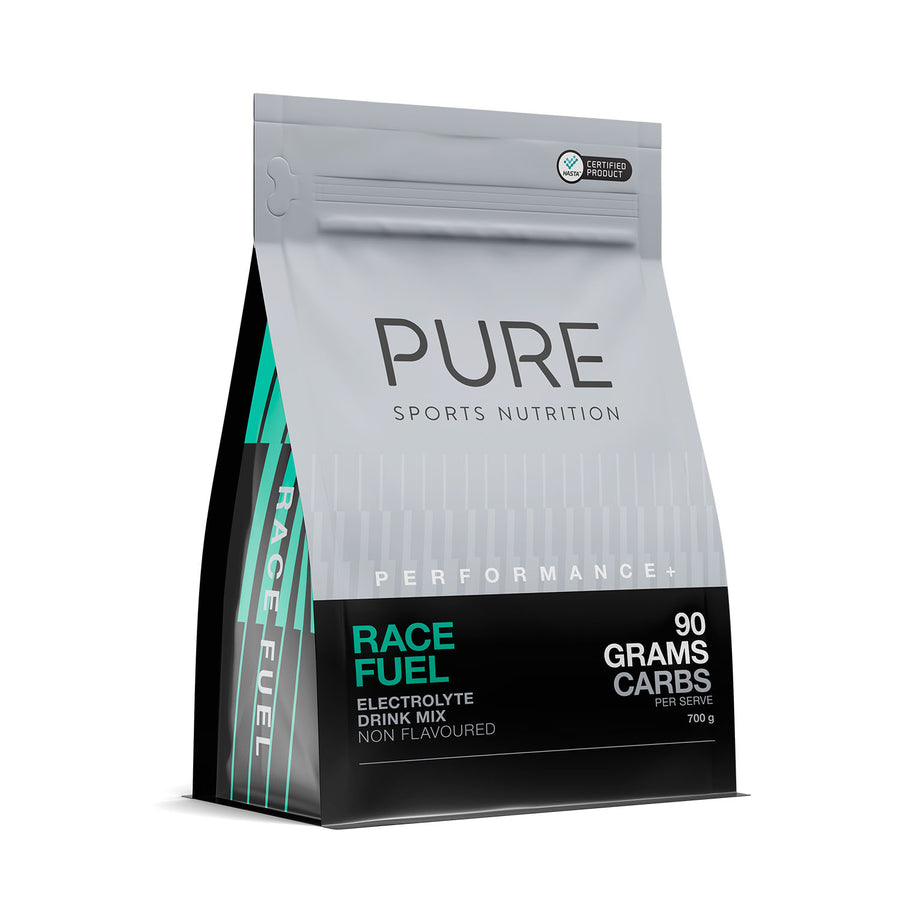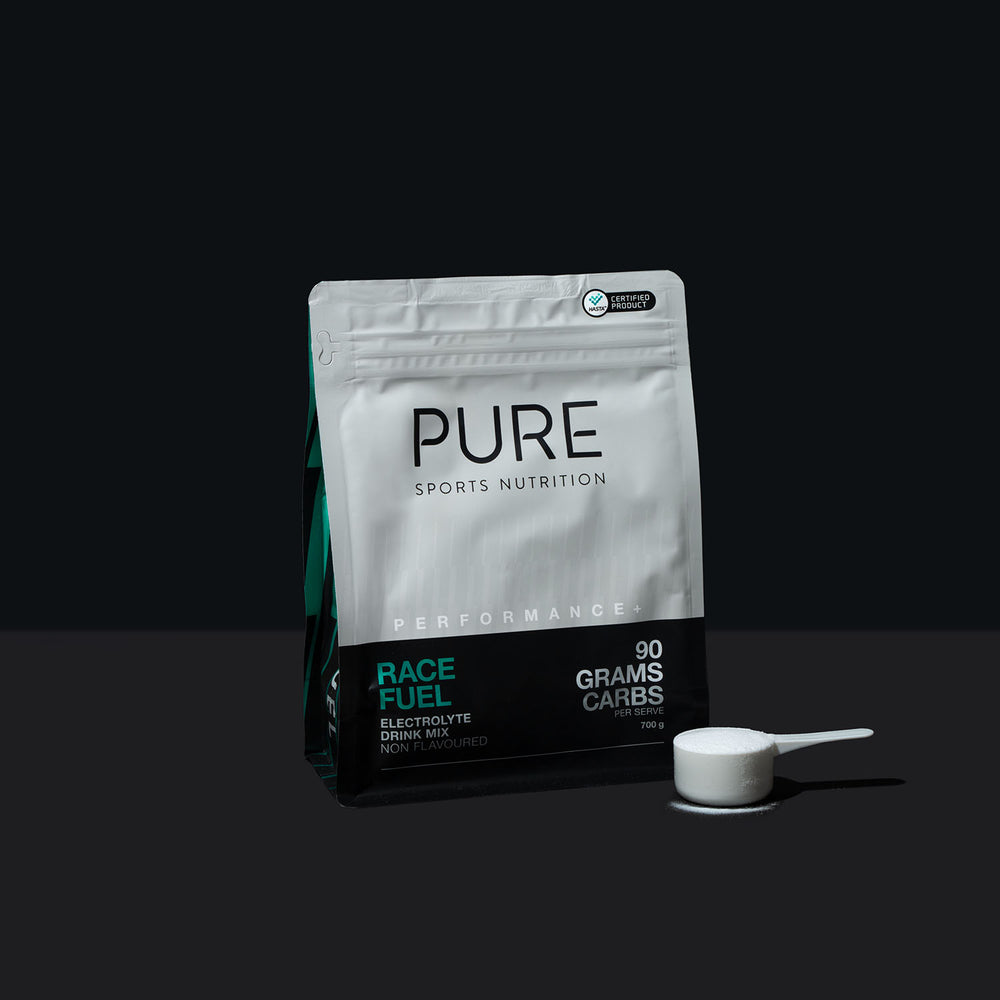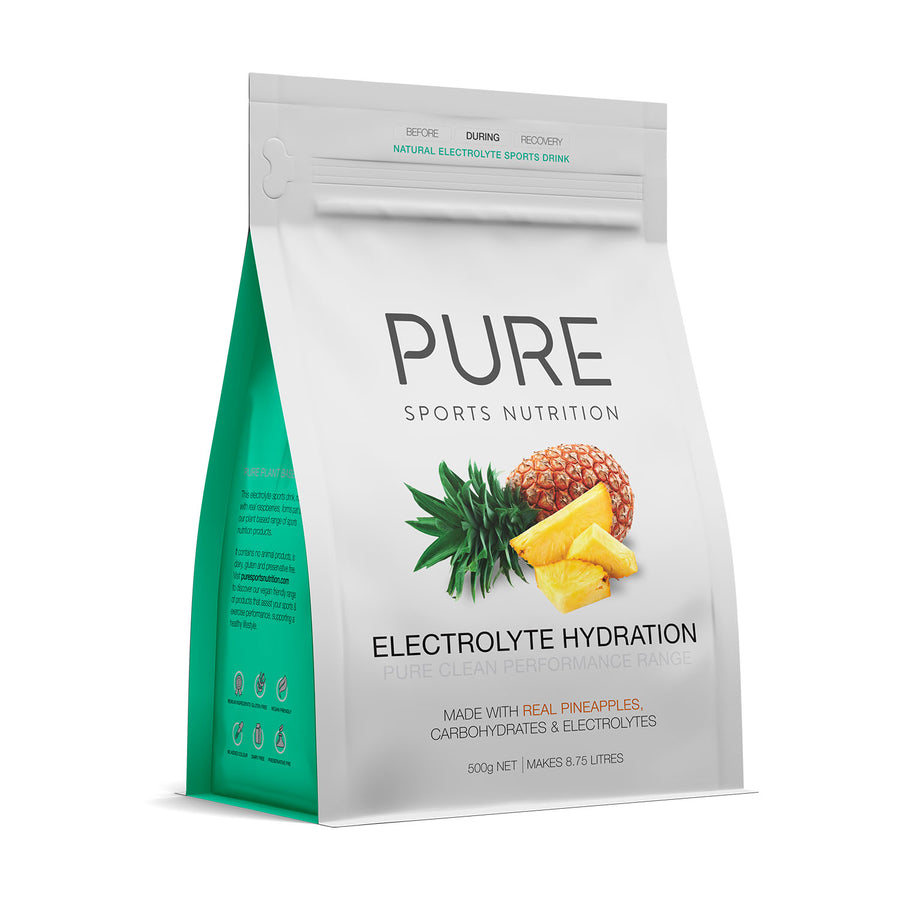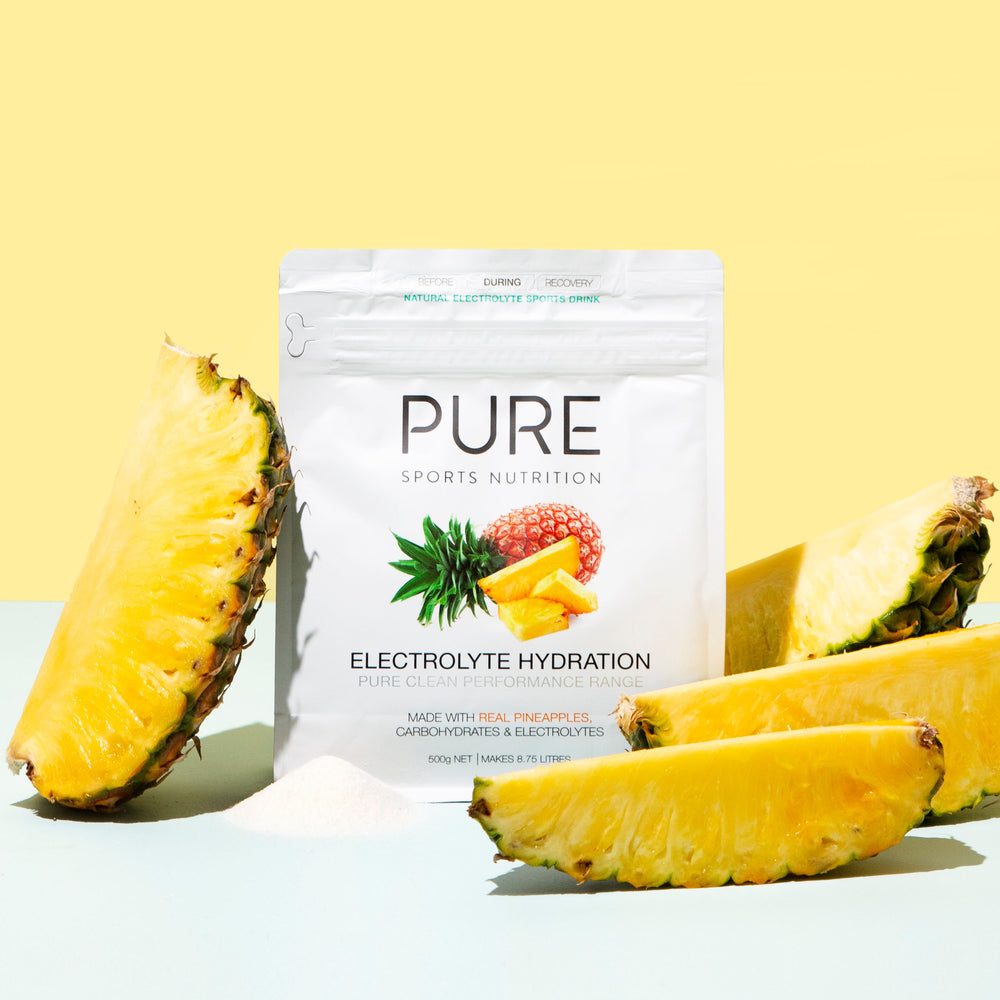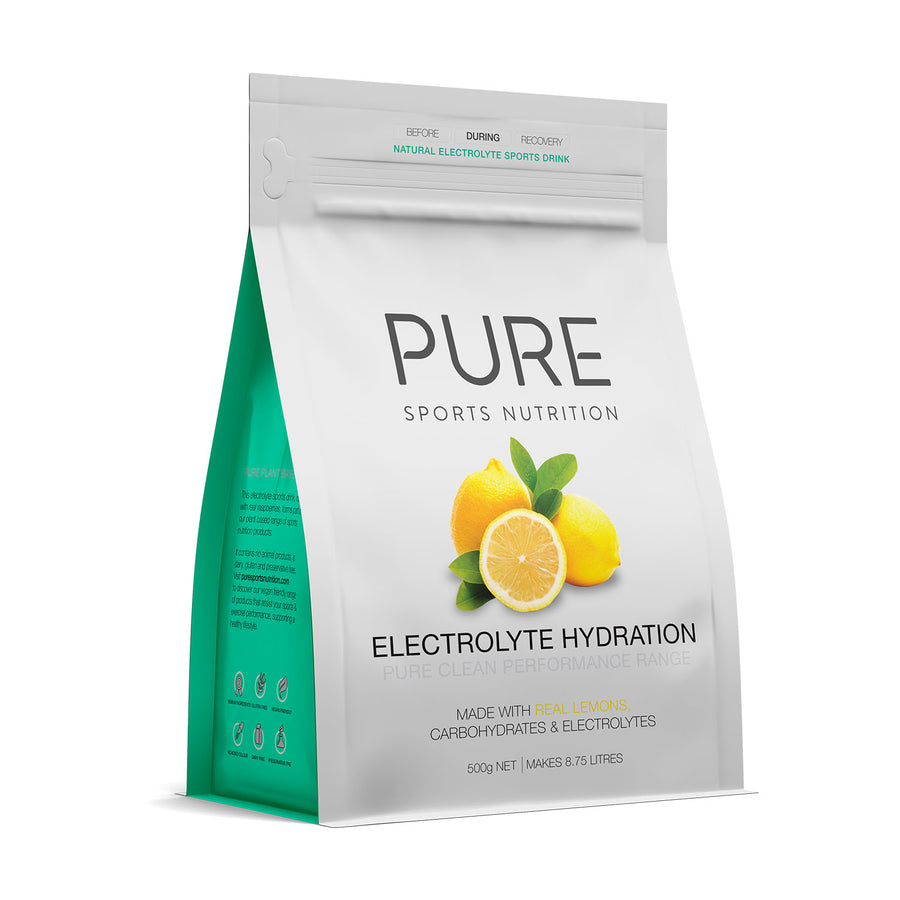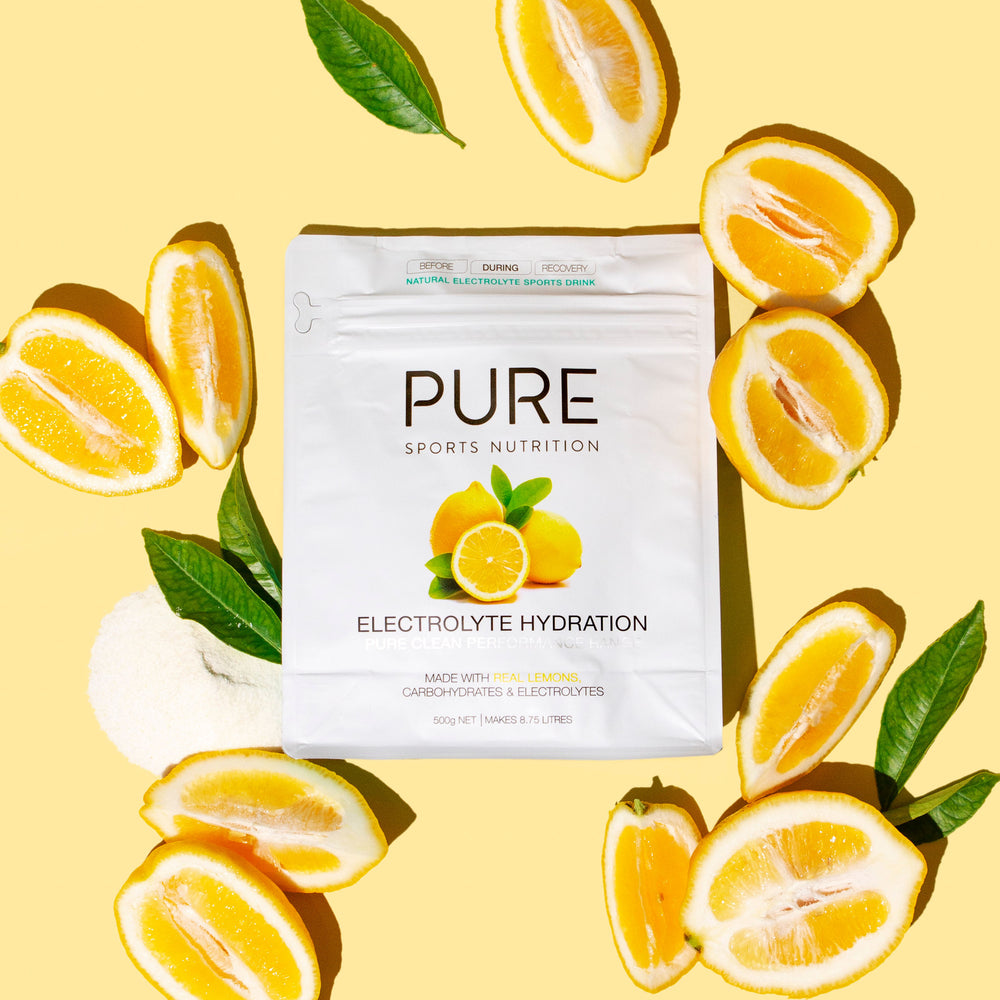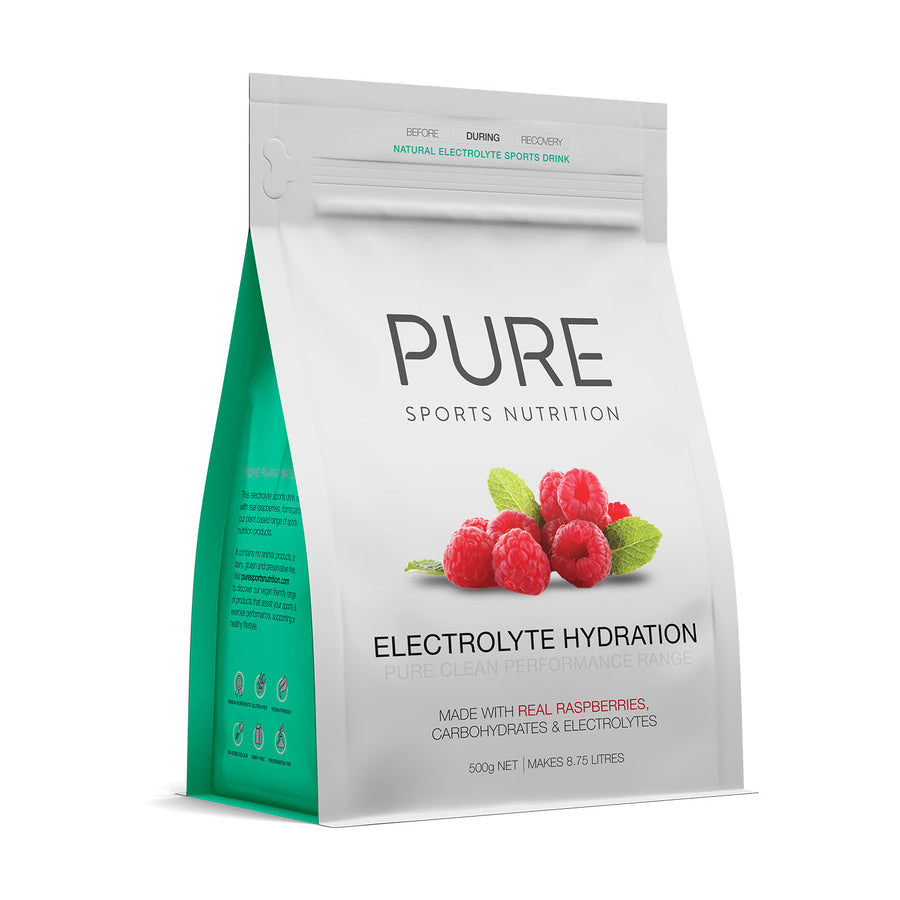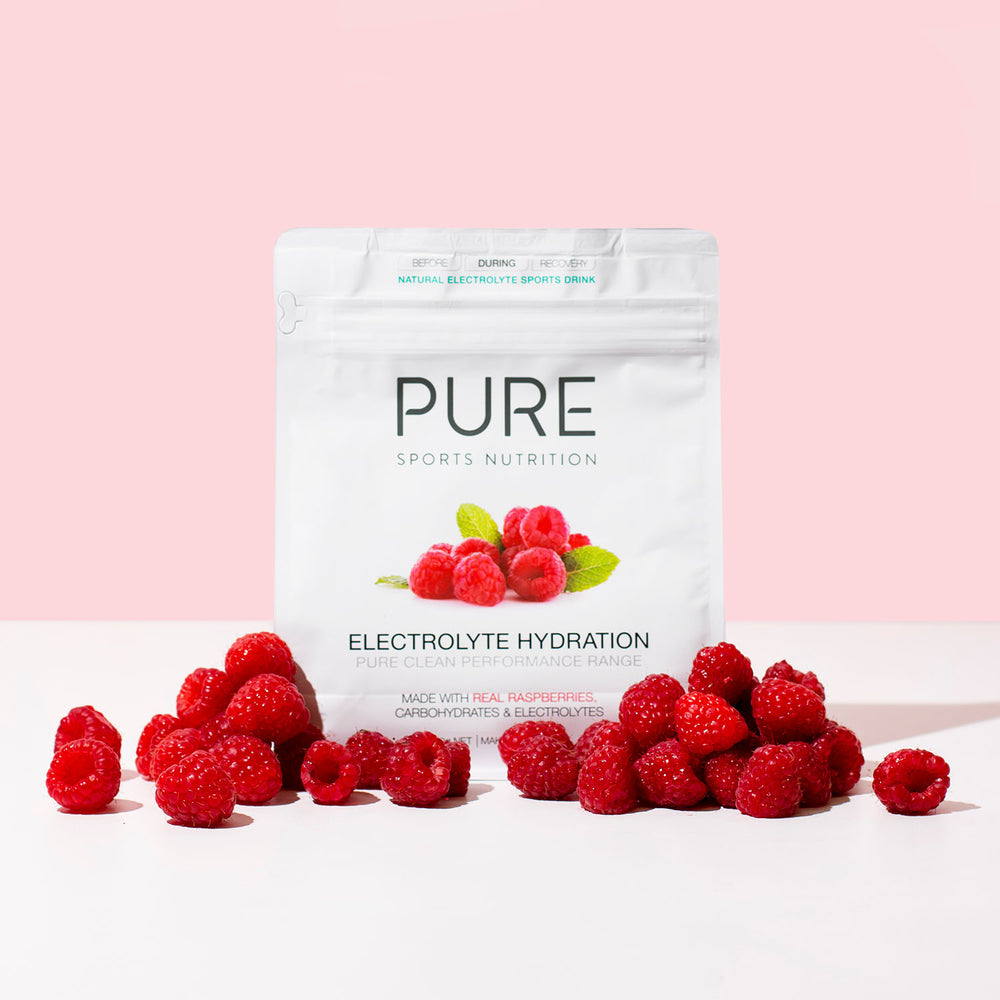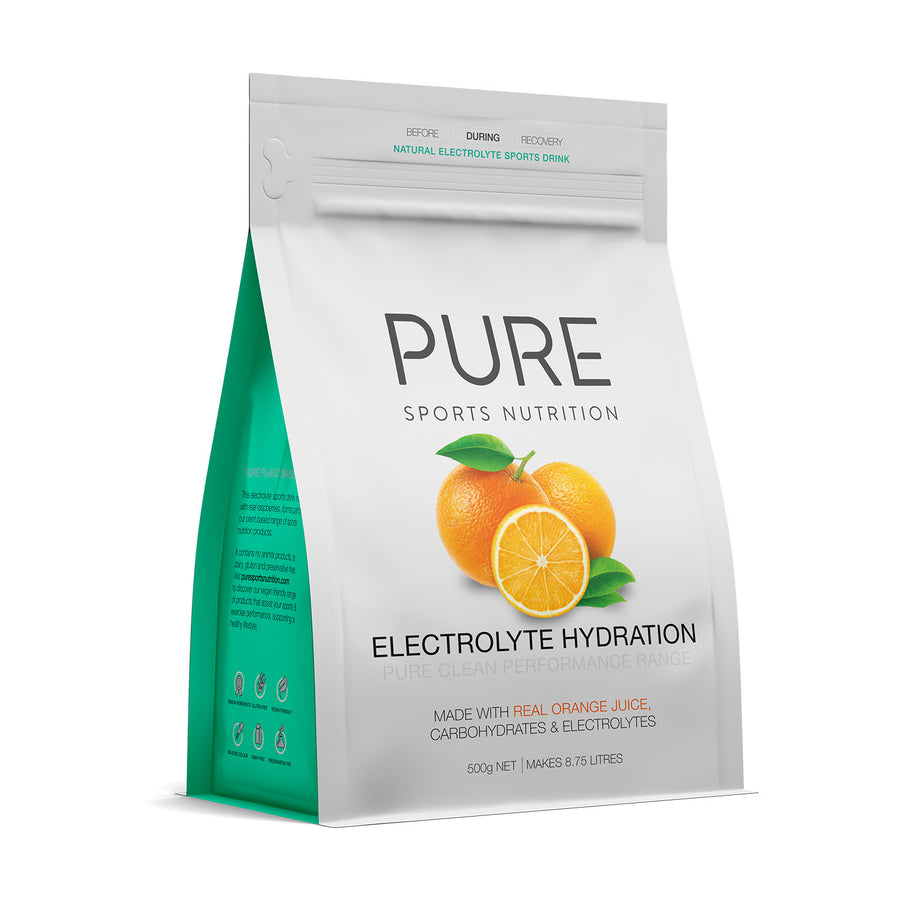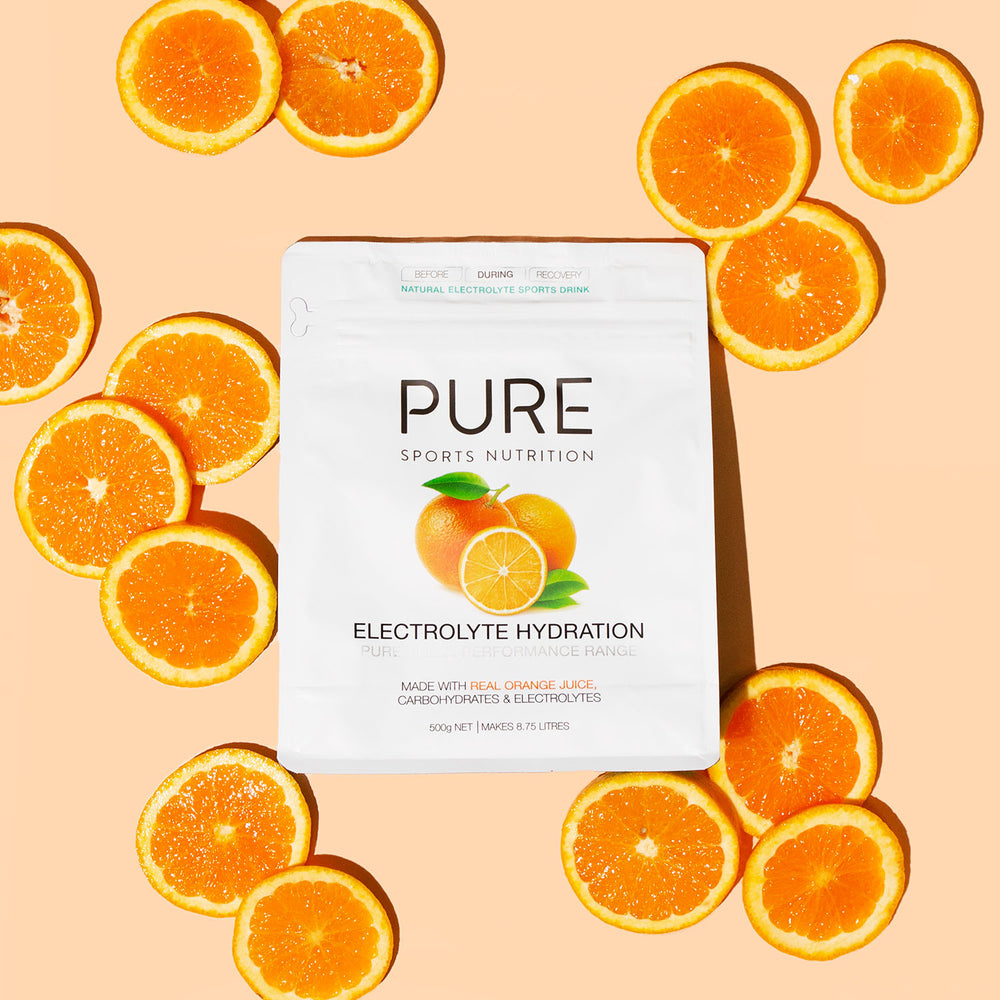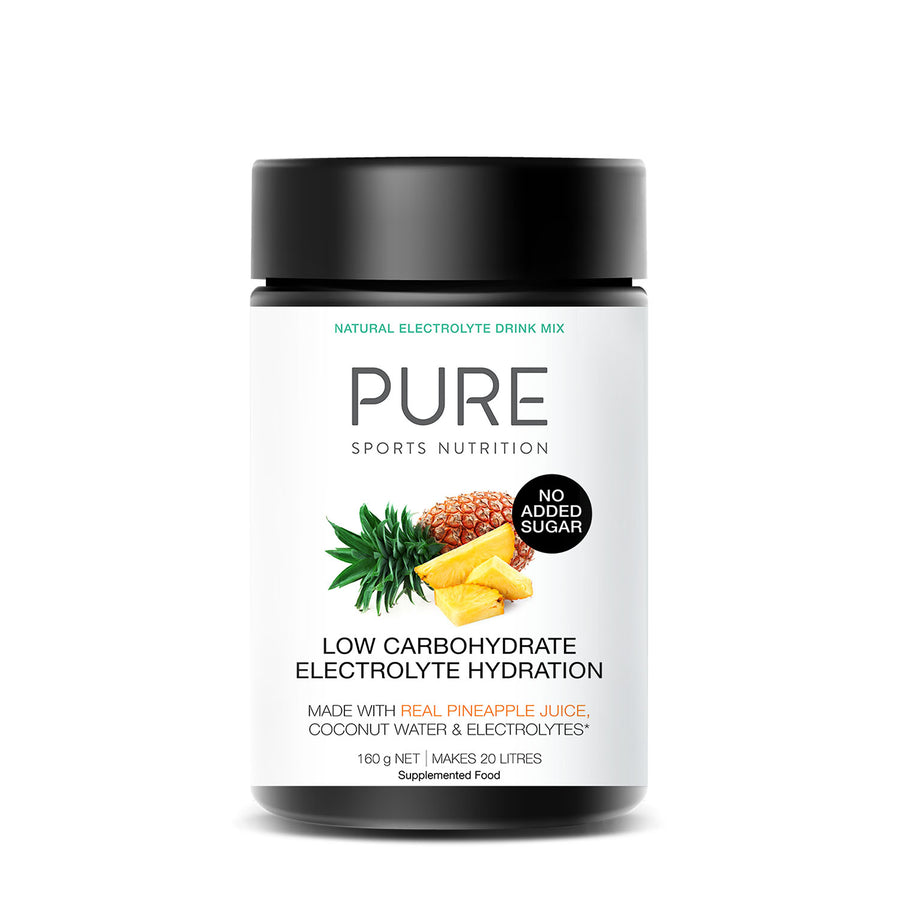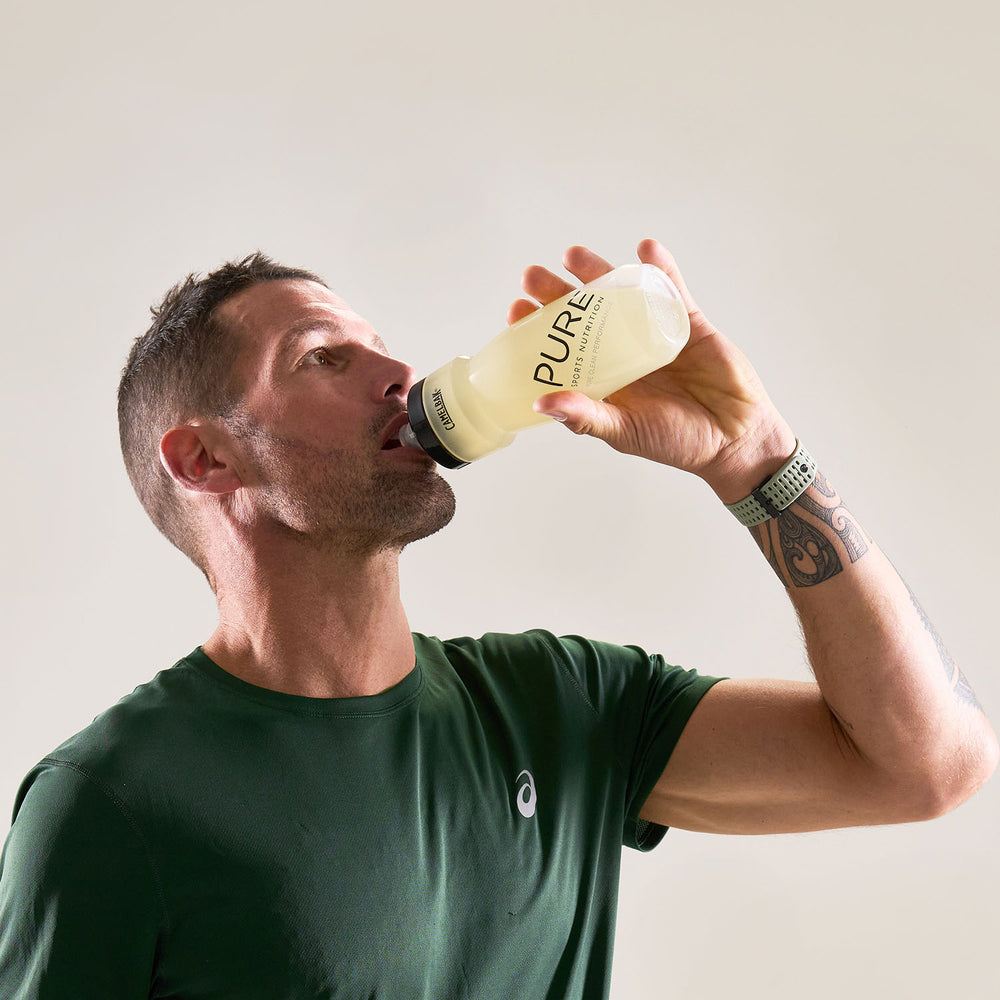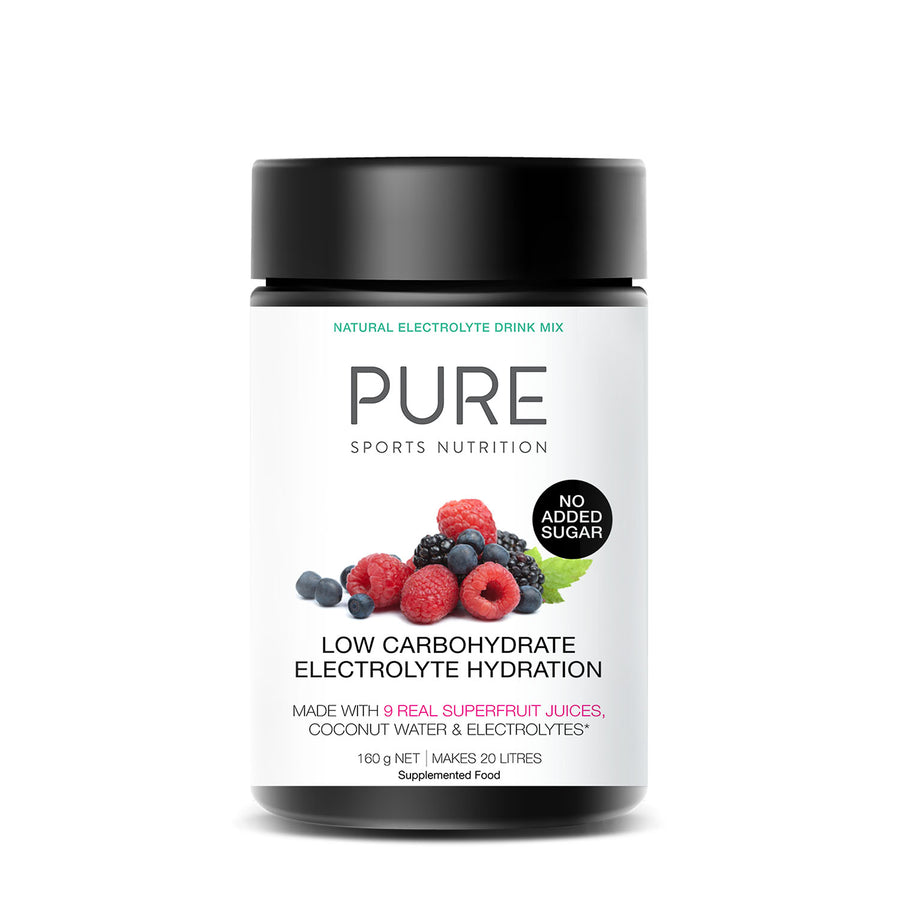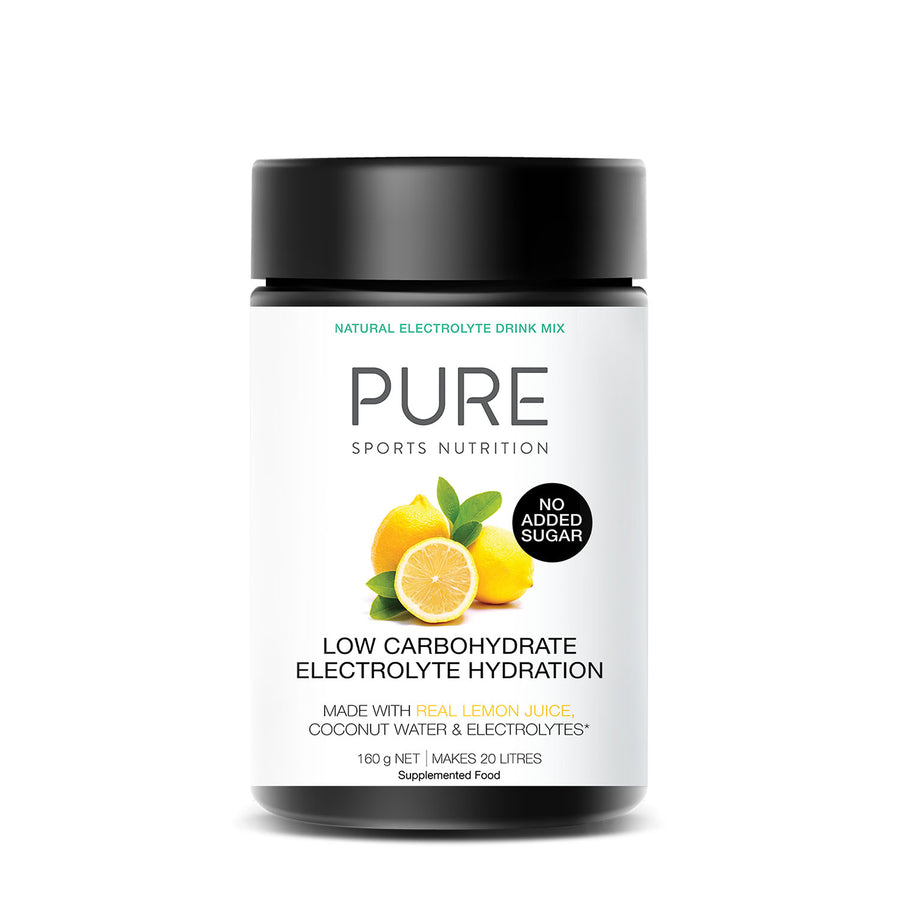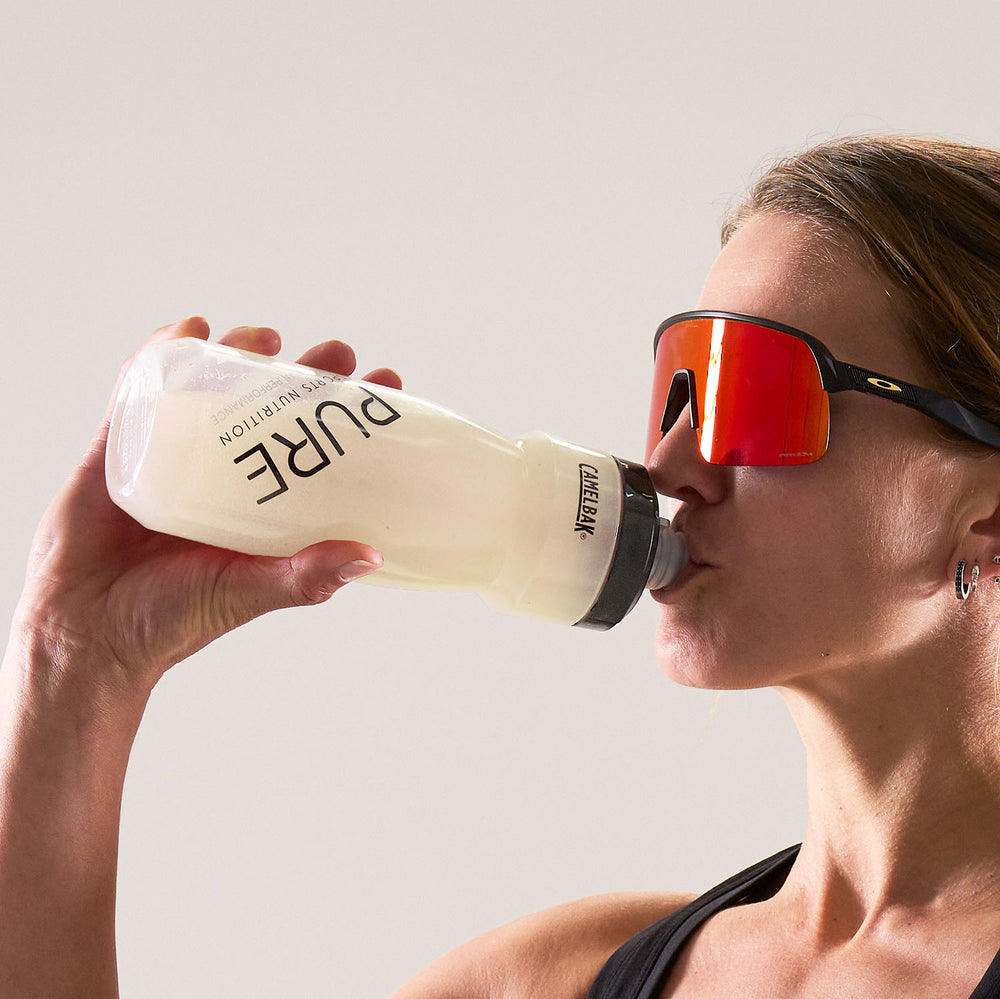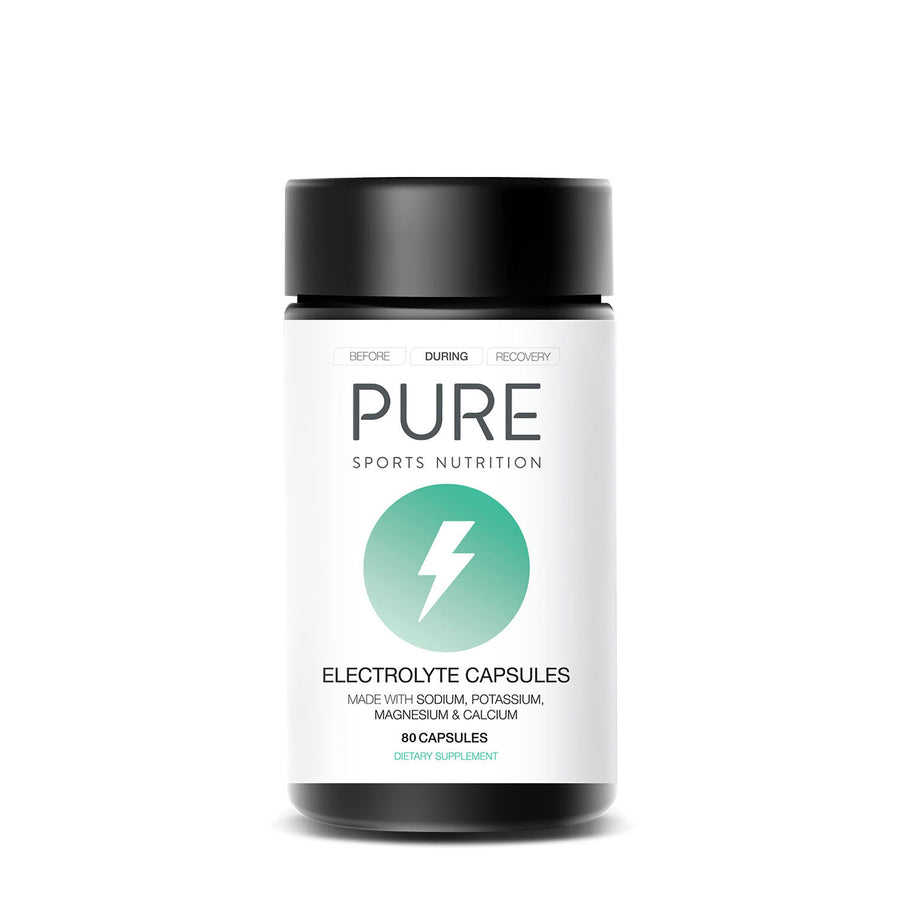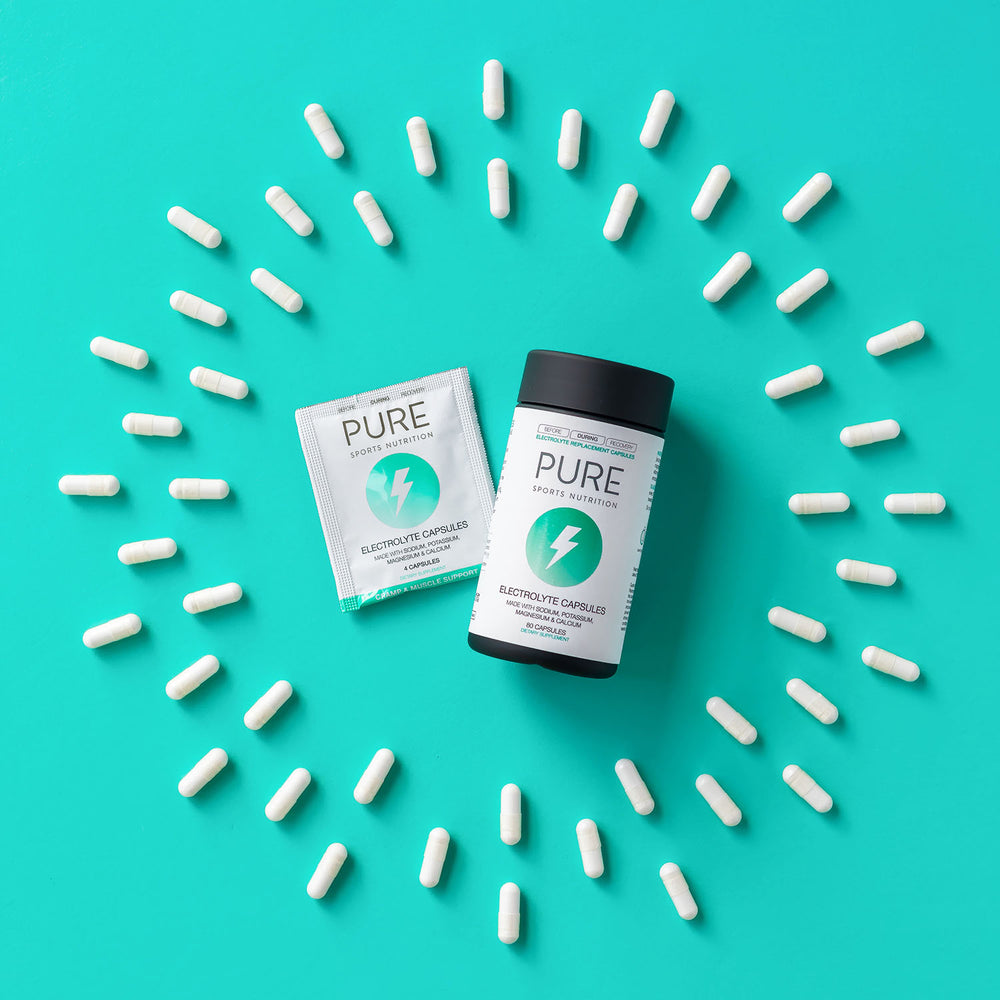
Carbohydrates as Fuel
Do you know your Carbohydrate (carb) requirements when exercising? Essentially, carbs can be stored as fuel reserves (in the form of glycogen in muscles and the liver, think battery power) and as energy to fuel muscles during ongoing exercise. As a bonus we can even top up our blood levels (broken down to sugar) to make our fuel stores last longer. It's a win-win scenario, we can get more adaptation from training (train harder for longer & recover faster) and help increase performance on race day.
Do you need carbohydrates every session? Not necessarily, your body has adequate muscle stores (glycogen) to fuel around an hour of exercise with the exception of very high-intensity sessions i.e hard short intervals or during competition. In these cases, a small amount of carbohydrate can help performance and it may be as simple as switching water for sports drink. Quick tip. Carbs can be absorbed in your mouth so "mouth rinsing" is a technique to get some quick energy.
Sessions over one hour. If your session is over the 60-90 minute mark you will typically require between 30-60g of carbohydrates per hour of exercise. At the lower end this is the equivalent to 750ml of sports drink or 1 gel / serving of chews hourly (and at the upper end both of these). Remember this also includes the first hour of exercise so start early and spread your intake out as evenly as possible over each hour.
Long sessions (2 hours and over). With longer durations, our carbohydrate intake can sit between 60-90g per hour. It's important to note that if you are planning to consume over 60g of carbs per hour to ensure you use a mixture of carbohydrate types as you will be limited by your bodies rate of absorption. What does this mean in practical terms? We can only absorb ~60g of glucose/sucrose/maltodextrin so the remaining carbohydrate needs to come from another source such as fructose. This is where we need to be careful to see what forms we can actually tolerate to avoid nasty stomach upsets. Use your long training sessions to practice your race-day nutrition. This includes seeing what works for you (and what doesn't) and refining quantities and eating/drinking techniques.
Exercise carbs vs. everyday carbs. It is worth a mention that not all carbohydrates are the same when it comes to the context of exercise. While we want to focus on eating wholegrain (complex) carbohydrates in our everyday diet for health, when used to fuel exercise these can cause stomach upsets due to their slower digestion processes. That's where sports-specific nutrition can slot in as it should be designed to deliver carbohydrates that are easily digested to quickly fuel muscles without upsetting your stomach. In saying this some brands have nasty and unnecessary additives so get in the habit of checking the ingredients of your supplements to ensure they are really benefiting you.
Signs you're not meeting carbohydrate targets? If you feel "flat" during training or finding your general sessions exhausting (high heart rates relative to the intensity), this could be a sign you are under fueling. General fatigue is another one, specifically the inability to recover between training sessions or extreme muscle soreness and or injuries.
Carbohydrate Requirements
| Exercise duration | Carbohydrate need | Examples | Notes |
| < 1 hour | None unless very high intensity | Mouth rinse (sports drink) or Gel | Generally do not need fuel unless it is a "key" session or competition. |
| 1-2 hours | 30-60g per hour |
|
Spread intake evenly over each hour Sucrose, glucose and maltodextrins tend to be fastest to absorb with lower risk of stomach upset |
| 2 hours + | 60-90g per hour (needs to be from multiple types of carbs) |
|
Dried fruit high in fructose. Practice in training. Keep fibre of real food at minimum to allow for faster absorption of carbs |
